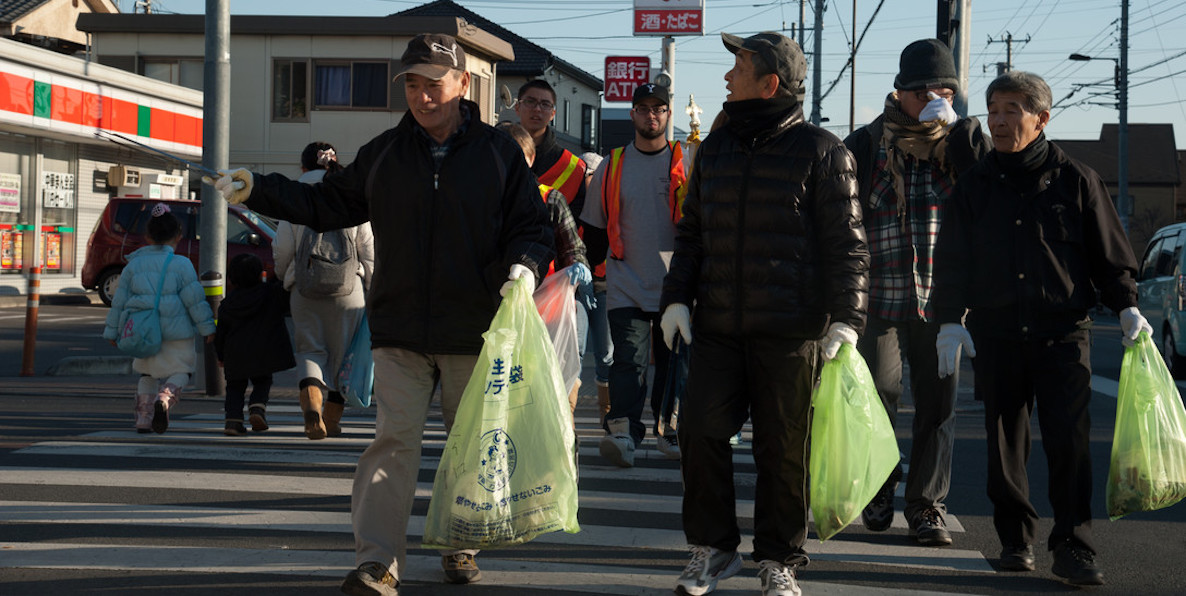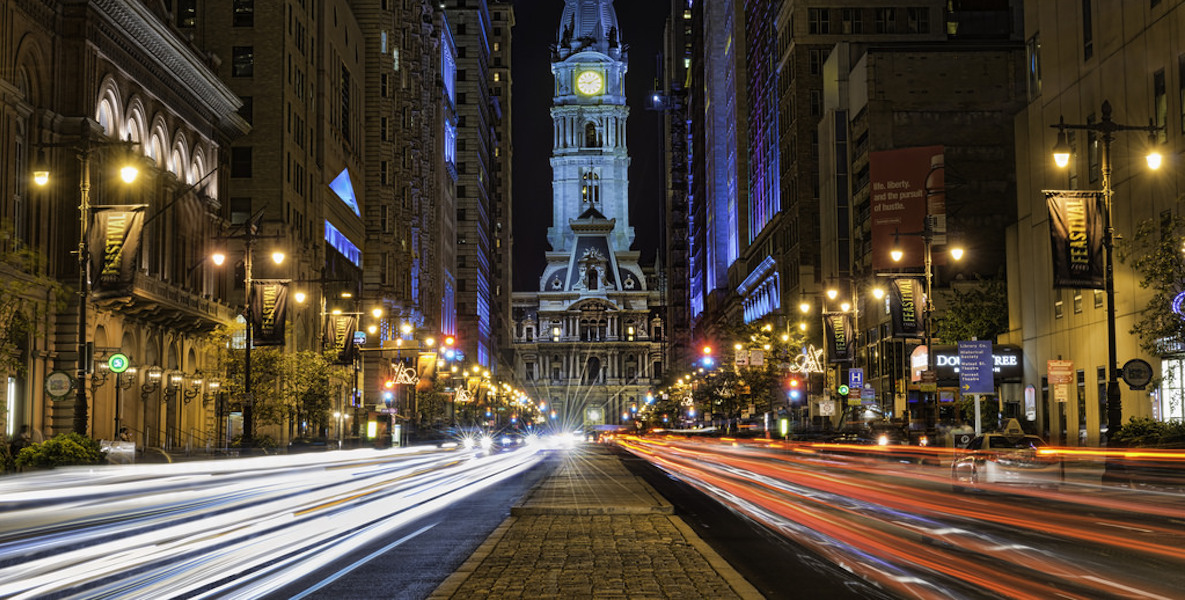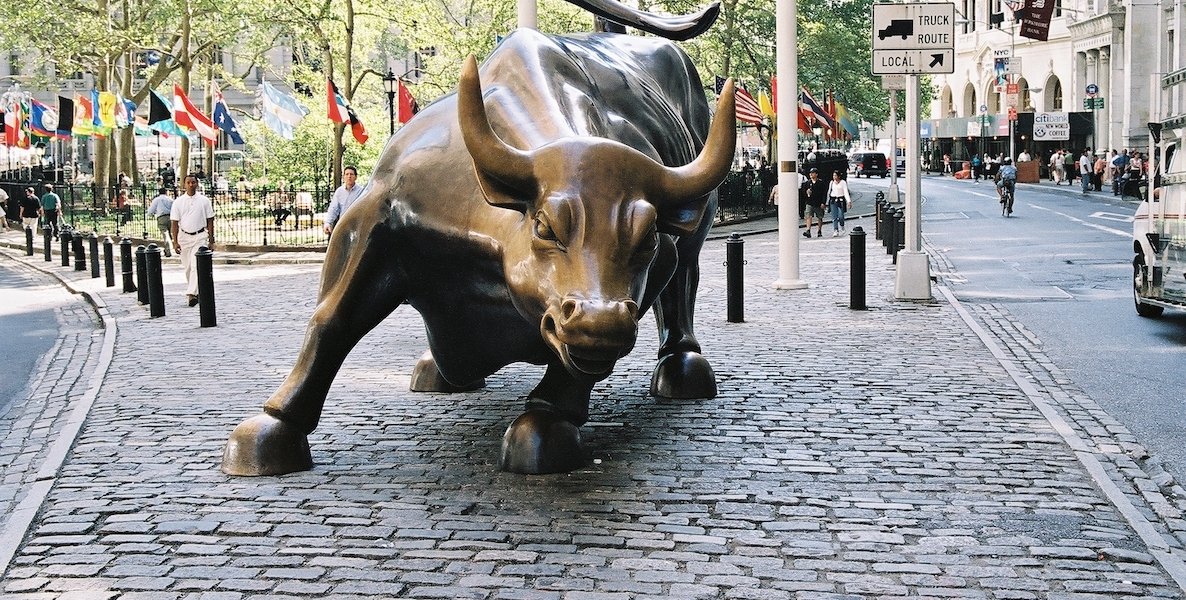In this tense and intensely polarized political moment, the subject of economic inequality has become one of the most hot-button issues in the political discourse. Every candidate in the overstuffed Democratic primary field has acknowledged the subject and proposed one strategy or another to address it. Predictably, pundits are fretting that these prescriptions go too far, but what we should be asking is whether they go far enough.
A new report on economic disparities by the Journal of the American Medical Association reveals what we can already intuit: that inequality is a public health crisis and the spiraling income stratification in the U.S. is giving rise to a widening gap in the health outcomes of rich and poor Americans. The study found that while race and gender continue to play a role in health disparities, since 1993 income has become the dispositive factor.
One might not be surprised to learn that of all the groups surveyed, rich white men were found to be the healthiest, enjoying life spans of up to 15 years longer than the poorest Americans. It turns out that an economic system that funnels more and more money to the already rich—a system that allows three Americans to own as much wealth as the 150 million poorest combined—is literally killing people.
And it’s not just a lack of access to medical care that accounts for the correlation between the income and health gaps; the JAMA study cites other research showing that healthcare accounts only for a fraction of health outcomes overall. For example, low educational attainment is responsible for as many deaths as heart attacks.
One might not be surprised to learn that rich white men were found to be the healthiest, enjoying life spans of up to 15 years longer than the poorest Americans.
This undeniable and patently unjust state of affairs has been the impetus behind the growing demand among the American public for major government intervention, the most famous of which is Senator Bernie Sanders’ Medicare for All Bill, which would effectively outlaw the private insurance industry. Sanders and other presidential hopefuls, Senator Elizabeth Warren in particular, have also floated proposals for massive student debt forgiveness and tuition-free public college. Predictably, these proposals have been met with outrage, derision and scorn from some quarters, decrying them as a gateway to some sort of Stalinist totalitarian dystopia. But even if mainstream Democrats still blanch at embracing the term “socialism,” the prescient ones are at least making modest critiques of a system that seems to be falling in on itself.
![]()
Last fall, U.S. Rep. Joe Kennedy III urged a Boston business association to espouse something he described as “moral capitalism.” Presidential candidate Pete Buttigieg recently declared himself a “democratic capitalist.” And in the headline of a New York Times op-ed previewing his forthcoming book, the renowned liberal economist Joseph Stiglitz insisted, “Progressive capitalism is not an oxymoron.” These folks and their like-minded peers—let’s call them “adjective capitalists”—haven’t reached consensus on terminology, but they all seem to agree that whatever kind of capitalism we’ve got these days needs a modifier.
The economic outlook of the adjective capitalists is generally of a piece with the post-Great Recession Democratic line: our economic system is “broken,” and must be fixed through some combination of byzantine financial sector regulations, means-tested middle-class “tax-advantaged” programming, incentives to firms who do right by their (documented American) workers, market-based solutions to climate change, and an unquantified demand on the super-rich to “pay their fair share.” These prescriptions are valid, as far as they go, but we’d do well to admit that when it comes to meeting the basic material needs of American life in the 21st century, they don’t go far enough.
Even if mainstream Democrats still blanch at embracing the term “socialism,” the prescient ones are at least making modest critiques of a system that seems to be falling in on itself.
Here are some truths: periodic and predictably worsening recessions aren’t an avoidable result of insufficient monetary and fiscal tinkering; ecological apocalypse bearing down on us after a few decades of ruthless fossil fuel extraction and consumption isn’t going to be forestalled with carbon taxes and voluntary corporate pledges; and the singular objective of maximizing profit requires the immiseration of the very class of people who produce (and consume) the commodities from which that profit is realized. All of these are either necessary functions or inevitable byproducts of a system that is doing precisely what it is supposed to do in the absence of any civilizing, dare I say, socializing, counterforce.
To be sure, the adjective capitalists quite eloquently describe and adjudge the problem. Neatly summarizing a national atmosphere of bitter acrimony and widespread economic misery, Kennedy drops the buck at Donald Trump’s door: His is a country of bitter rivalry between fellow citizens, forced to endlessly spar over the scraps of our system. My wages can’t grow unless your food stamps go. Your medical bills can’t fall unless my insurance gets taken way. So Americans spend their days fighting each other over economic crumbs—while our system quietly hand delivers the entire pie to those at the top.
![]()
Cheers to the Congressman for succinctly identifying capitalism’s tactic of sewing division and mistrust among the working class to undermine its capacity to build solidarity; but such a tactic isn’t a nefarious invention of the odious figure in the White House. It should go without saying, this is not “his” country. Trump didn’t create this state of affairs; he’s merely a natural excretion of it. Surely we know this, but with a politics, business and media class who largely came of age in the waning years of the Cold War, the collapse of the Soviet Union, the triumph of the West and the End of History, we seem to have so fully absorbed the Thatcherite “no alternative” maxim that he is intellectually incapable of articulating one.
It’s almost impossible to fathom the extent of human flourishing, liberation and innovation that might result if people weren’t forced to spend every waking hour just trying to survive, but given the chance to thrive.
Of course, unlike so many of us, Representative Kennedy has re-election campaigns to worry about, and therefore, a delicate thread to weave. The same goes for the 2020 Democratic presidential field. None of these candidates can be seen to be oblivious to the anguish of a justifiably angry electorate, nor can they afford to squander their opportunity to present themselves as champions of the populous in a moment of acute populist political feeling, but they do have corporate donors to court. So they hedge, obfuscate and play both sides of the table, on one hand promising to wring this or that concession from Wall Street, or to spank the bottoms of companies that “outsource American jobs,” while on the other continuing to conflate gauzy notions of “freedom,” “liberty” and “democracy” with “capitalism.”
![]()
Above all, the adjective capitalists cling fervently to and sing the endless praises of “competition.” Stiglitz’s principal prescription for his “progressive capitalism” are “regulations that ensure strong competition without abusive exploitation, realigning the relationship between corporations and the workers they employ and the customers they are supposed to serve.” Competition, competition, competition is the mantra, but have we really considered what competition is? It’s not a condition that can run in perpetuity, nor is it meant to.
By definition, competitions must come to an end, producing winners and losers. As competition proceeds, the field of winners is at once narrowed while the winners themselves gorge on the proverbial corpses of the losers. Is it surprising that the rampant and extravagant consolidation of players within (and soon enough, across) the airline, tech and retail industries coincides with yawning wealth and income inequality? These are the physics of capitalist competition.
The most ruthless competitors, those most determined to win, will do the most to bend the rules, such as they are, to their own benefit.
The most ruthless competitors, those most determined to win, will do the most to bend the rules, such as they are, to their own benefit. Once sufficiently powerful, they will simply change the rules, not to ensure perpetual competition, but to safeguard the spoils of their victory. Uber didn’t aggressively lobby New York City to impose a purely regressive “congestion pricing” tax on motorists to be mean; they just did it to increase demand for Ubers. But the adjective capitalists insist that competition is virtuous, and most virtuous when it goes around and around the track forever.
It is true that ruthless competition under capitalism has brought untold technological and productive marvels into existence that could’ve come into being no other way. The great irony is that we now have the ability to end material scarcity, but the system that gave us that ability is dependent on the maintenance of scarcity to survive. In the 21st century, competition may be well and good when it comes to developing new smart phones, dating apps, or varieties of high fiber breakfast cereals, but when we apply the principles of competition and commodification to health, housing, education, and food, the price of being a “loser” can be fatal.
It would be one thing if only Republicans served as capitalism’s evangelists and foot soldiers in the neoliberal era, but the system’s relentlessness in clearing all obstacles to its goal of creating private profit could not be limited to the domain of a single political party. For the past 40 years, even the best consolation Democratic standard bearers can offer to a weary, ground-down population is the solemn promise that anyone who “works hard and plays by the rules” ought to have a shot at the American dream. That’s pretty thin soup, given that the interests demanding all that hard work are the same that have made all the rules for a generation.
The point is that things have not always been the way they are now, and they don’t need to remain this way. In a recent New York Times op-ed about the fate of the renowned Cooper Union, famous—until 2011—for charging its students no tuition, E. Tammy Kim writes, “Not long ago, many colleges were indeed free; much longer ago, elementary education was not. There is no natural law that deems one thing a public good and another a market-based luxury. It is up to us to decide.”
In a country that mythologizes the (increasingly mythical) “middle class,” is it really radical to return to and expand upon the policies that created that class? Would we really stifle innovation and ambition if we guaranteed that every American was entitled to a decent education where she might discover and nurture any number of intellectual gifts? What if, in the richest country in the history of the world, no one had to fear homelessness, or ration their insulin, or breathe toxic fumes from a dangerous refinery in their backyard?
It’s easy to imagine but almost impossible to fathom the extent of human flourishing, liberation and yes, innovation, that might result if people weren’t forced to spend every waking hour just trying to survive, but given the chance to thrive. The skeptics and cynics say we can’t afford to give all of us this chance; but to look around the world today is to wonder, how can we afford not to?
Ajay Raju, an attorney and philanthropist, is chairman of DilworthPaxson and a founder/board member of The Citizen.
Photo by Guillaume via Flickr








